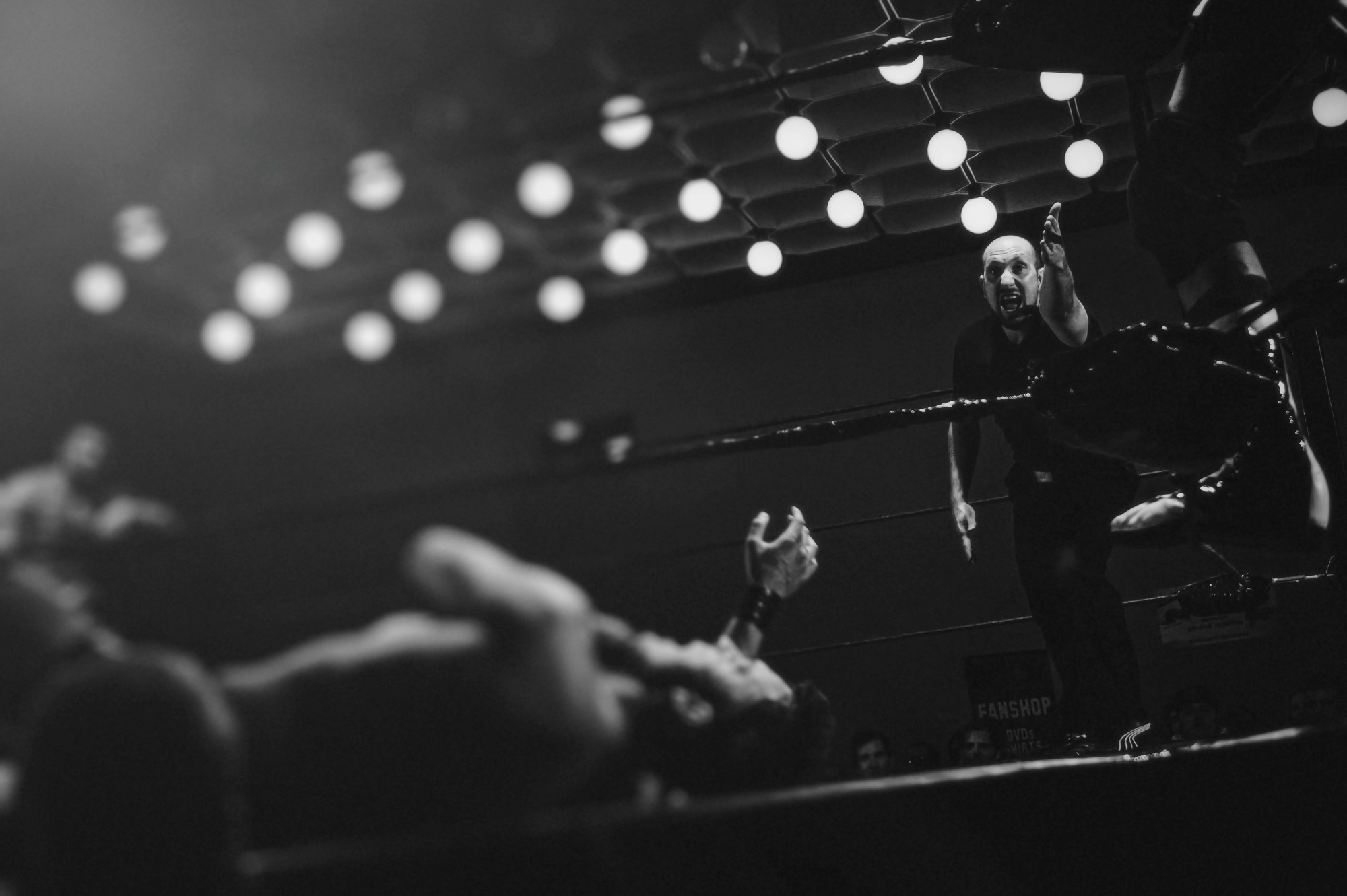On November 10, 2015, Federal Magistrate Judge Gail Standish from the Central District of California dismissed a copyright infringement suit made by Jesse Braham against music powerhouse Taylor Swift. Braham claimed that the lyric in Swift’s song “Shake It Off,” “The haters gon’, hate, hate, hate, hate, hate,” was based off his 2013 song “Haters Gone Hate.” Citing the Plaintiff’s pro se complaint, Judge Standish wrote, “Braham alleges that ‘92% of the lyrics’ of ‘Shake It Off’ come from his song, that his ‘song phrase string is used over 70+ times,’ and that Taylor Swift would not have written ‘Shake It Off’ had he not written ‘Haters gone hate [sic].’” Braham sought $42 million in monetary damages as well as the inclusion of his name in future record sales.
Judge Standish’s decision to dismiss made headlines, not because of the defendant’s celebrity status but because of the phrasing she chose to employ in her written order. Standish used a series of nods to Swift’s popular songs to further highlight the inadequacy of Braham’s complaint. Indeed, the concluding statement to her order was scattered with references to the singer’s top singles:
“At present, the court is not saying that Braham can never, ever, ever get his case back in court. But, for now, we have got problems, and the court is not sure Braham can solve them. As currently drafted, the complaint has a blank space— one that requires Braham to do more than write his name. And, upon consideration of the court’s explanation in Part II, Braham may discover that mere pleading BandAids will not fix the bullet holes in his case. At least for the moment, defendants have shaken off this lawsuit.”
The bullet holes in Braham’s case were, in fact, pretty gaping. First, he did not establish a prima facie showing of copyright infringement, which requires under the Copyright Act of 1976 “(1) that he… is the owner of a valid copyright or the holder of an exclusive license to a right in a copyright; and (2) that the defendant utilized the copyrighted work or licensed right without authorization.” While Braham satisfies the first requirement since “registration is a perquisite to an action,” Braham failed to state a claim under Rules 8 of the Federal Rules of Civil Procedure, requiring a “short and plain statement of the claim showing that the pleader is entitled to relief.”
With the Supreme Court decisions of Bell Atlantic Corp. v. Twombly and Ashcroft v. Iqbal came a heightened standard for pleadings and power for courts to dismiss disputes early on in the litigation stage. Twombly sought to quash unmeritorious claims, especially antitrust claims, where the threat of discovery and litigation costs could cause defendants to settle prematurely. There, the Supreme Court ruled that the plaintiffs’ allegations “must be enough to raise a right to relief above a speculative level.” Going further, Iqbal (citing Twombly in part) requires a complaint to contain “factual sufficient matter” that states a claim that is “plausible on its face.”
Similarly to antitrust claims, copyright claims have a history of flooding the courts with frivolous lawsuits. In order to avoid dismissal, plaintiffs must show, beyond registration of their copyright, the validity of their copyright as well as copying by the defendant and substantial similarities between the plaintiff’s work and the defendant’s. Here, although the Plaintiff claimed Swift had stolen an unidentified 22-word phrase from his song “Haters Gone Hate,” the Court could only identify “two, maybe three” similarities. The use of these similar lyrics alone was insufficient to state a valid claim of copyright infringement under Rule 12(b)(6) under the Federal Rules of Civil Procedure.
Getting past the 12(b)(6) motion or even a motion for summary judgment is a difficult feat for plaintiffs, especially those who go pro se. Because this happens pre-discovery, there will usually not be enough readily available evidence to support plausibility beyond mere comparison of the text or melodies.
However, as suggested by Judge Standish’s use of the lyrics of Swift’s song “We are Never Ever Getting Back Together,” this may not be the end of the line for Braham, or other pro se plaintiffs who have demonstrated that their claims have merit despite procedural deficiencies. Judge Standish is allowing Braham to submit a new complaint in order to correct the flaws in his original plea, implying that Braham’s claim may not be meritless if more factual allegations are made to support his cause of action. Leave to amend is only appropriate when the addition of facts will be able to cure the deficiencies of the complaint. Since 2004, the Ninth Circuit has ruled that leave to amend should be granted more liberally to pro se plaintiffs. So as long as he fills in the “blank space[s]” that the judge pointed out, Braham can “shake it off” and try again.
Samantha J. Castrelos is a second-year law student at Benjamin N. Cardozo School of Law and a Staff Editor for the Cardozo Arts & Entertainment Law Journal.
Sources:
1. 17 U.S.C.A. § 101 et seq.
2. Andreas Preuss, Chris Isidore, and Samuel Burke, Taylor Swift Shake, Shake, Shakes, off Copyright Lawsuit, CNN, (Nov. 12 2015, 8:48 AM), http://www.cnn.com/2015/11/12/us/taylor-swift-copyright-lawsuit-dismissed/index.html.
3. Ashcroft v. Iqbal, 556 U.S. 662 (2009).
4. Bell Atl. Corp. v. Twombly, 550 U.S. 544 (2007).
5. Braham v. Sony/ATV Music Publishing et al., 2:15-cv-8422-MWF (GJSx) (C.D. Cal. 2015), available at https://mgtvwkrn.files.wordpress.com/2015/11/jessie-braham-taylor-swift-lawsuit.pdf.
6. Evan Brown, Shaking Out the “Shakedowns”: Pre-Discovery Dismissal of Copyright Infringement Cases after Comparison of the Works at Issue, 9 Wash. J.L. Tech. & Arts 69 (2013).
7. Fed. R. Civ. P. 8(a)(2).
8. Fed. R. Civ. P. 12(b)(6).
9. John J. Dvorske, Cause of Action for Infringement of Copyrights in Sound Recordings Under Federal Copyright Act of 1976, 58 Causes of Action 2d 663 (2013).
10. Kathryn, Rubino, Respect – this Federal Judge Knows her Taylor Swift Lyrics, Above the Law, (Nov. 12, 2015, 10:57 AM), http://abovethelaw.com/2015/11/respect-this-federal-judge-knows-her-taylor-swift-lyrics/?rf=1.
11. Lopez v. Smith, 203 F.3d at 1130, 1131 (9th Cir. 2000).
12. Taylor Swift, Shake It Off, on 1989 (Big Machine Records 2014).




Wow i think this post is very acurate – Hello there everyone its me Jesse Graham or Jessie Braham – writer of the song Haters gone hate
Plagerized but copied by Taylor Swift as Shake it off.
this add is very important i am sharing it with my next fillihng when we go back to court – oh yes the judge removed herself and assigned the case another judge and courtroom – the saga continues
Join me in my fight my legal skills are not on the par – and finances are low thanks to writing big hits but not getting paid for the song
also they live high on the hog 25 million dollar mansions –
i had a post on spreaker.com the jesse graham show – where i have an episode that is dated wich talks about the Haters she heard the podast and searched it – from there i have video of such of the young lady admiting to stealing the lyrics on youtube – on and on i gotta bounce – Prince died yesterday and i am in morning .